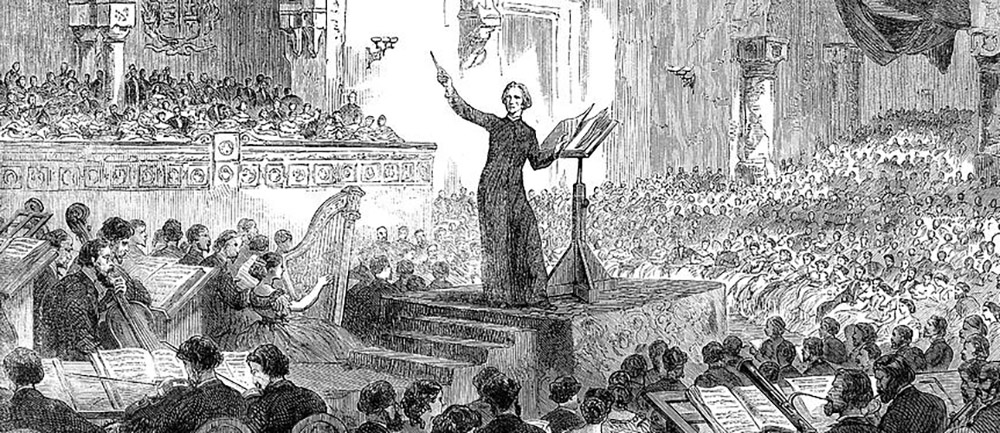Course Information
Historical musicology represents the foundation of the course in Musicology. As a result, the BA degree course in Musicology focuses on Historical Musicology, supplemented by insight into Systematic Musicology, Transcultural Music Studies and the History of Jazz and Popular Music.
Alongside an overview of European musical history, the course revolves around dealing with the subject-specific techniques, methods and questions, as a historical, interpretation-driven discipline. The aim is to recognise music, as a subject, which is as complex historically as it is systematically, in an academically grounded manner, while also being able to communicate it adequately in an interdisciplinary, intercultural manner, as part of a cultural understanding of one’s self.
Further information on the Bachelor’s degree courses in Musicology can be found here.
The Master’s degree course in Historical Musicology offers deeper academic and professional qualifications, both in terms of music history itself and its methodological impact. Similarly, great value is placed on expanding knowledge of repertoire. The primary objective is to put students in a position where they can carry out independent academic work with a knowledge of musicological methods, critically reflecting upon them, applying them and ultimately developing them independently. Similarly, lectures offer a broad spectrum of the history of music from antiquity through to the 21st century.
The broad range of options for specialisation is supported by the Department’s varied research activities. The research colloquia are not the students’ only opportunity to engage in academic discussions, thereby learning communication skills within the academic system in a targeted fashion. The numerous conferences, research projects and guest lectures at the university, as well as a wide range of international study trips, enable students to undertake academic discussions, to gain communication skills and to educate themselves further in a targeted manner.
Seminar concepts adapted to suit particular professional fields (such as research seminars, including an intensive research course), a clearly active degree structure that encompasses a high proportion of oral work (for communication skills in the field of moderating and tutoring), and the practical, music-related nature of many module areas (such as music notation and interpretation, or performance practice) give students sustainable qualifications for professional fields in which particular specialised skills are indispensable, alongside the general skills in the humanities.
Graduates work in various fields, including teaching and research at universities, universities of music and independent research institutes, publishing, concert and opera dramaturgy, media houses, the diplomatic corps and libraries and archives.
